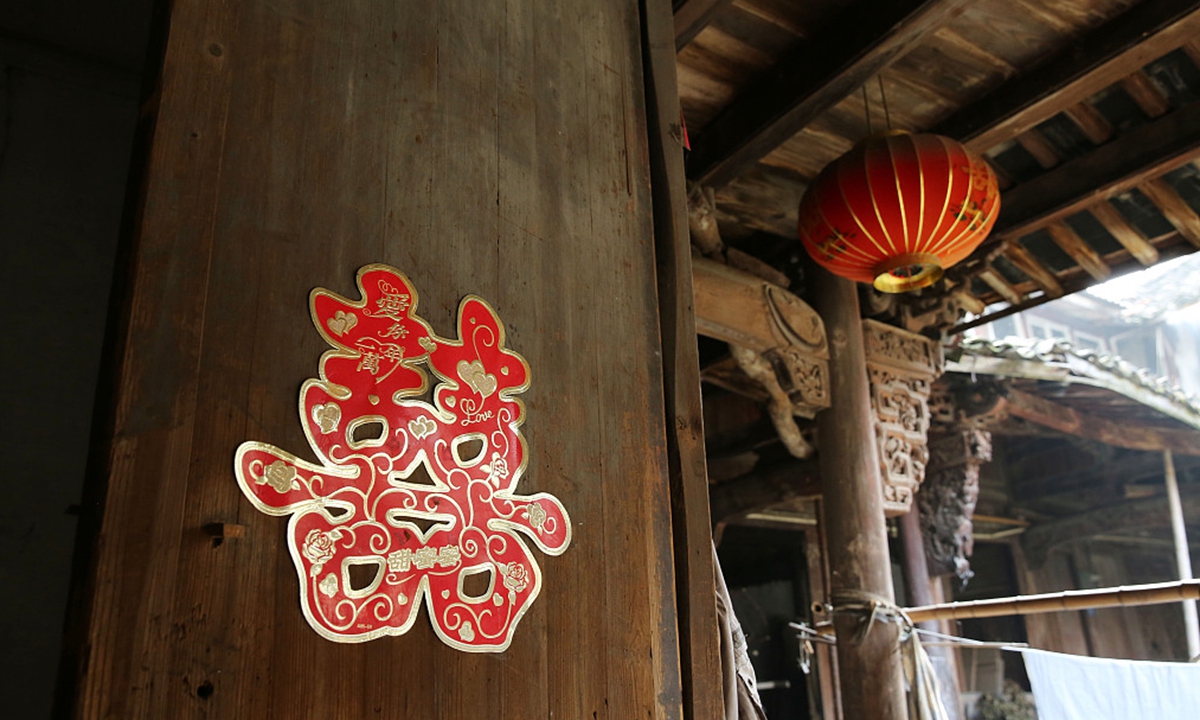Chinese villages conduct survey on youth after marriage dilemma in rural areas sparks discussion

Photo: CFP
Various villages across China have rolled out a survey on the marriage situation of rural youth. The move comes after the current marriage dilemma in rural China, where men of marriageable age are having difficulties to find a wife, sparked a heated discussion.
Following the instruction of the National Bureau of Statistics, authorities in China's more populous provinces and municipalities, including Zhejiang, Chongqing, Shandong and Sichuan, have carried out a survey in rural villages in June and July, Chinese media outlet The Paper reported on Sunday.
With the rural marriage dilemma becoming a general social concern, Jiang Wenlai, a scholar and agriculture expert in Central China, sparked an angry debate on Chinese social media over the weekend. According to his recent article, it is necessary to carry out a project of "warming beds" for rural left-over men, a popular saying that refers to helping singletons find wives.
Many netizens criticized the article as disrespecting and objectifying women. "Just give the rural men heating pads to warm their beds. We women are not a bed-warming tool," one netizen protested.
In a response to the criticisms, Jiang told media on Saturday that his original intention was to draw public attention to the difficulty that some rural men have in finding a wife. "The main theme of the article is positive," Jiang said.
The gender disproportion in villages "is a major cause that leads to the marriage dilemma," said Liu Wenrong, an Associate Research Fellow at the Institute of Sociology under the Shanghai Academy of Social Science (SASS).
According to the survey conducted by the Central China Normal University in 2017 on 267 villages in the Chinese mainland, there were 63 single women for every 100 single men. .
In most cases, relatively impoverished men in rural areas who can neither afford the wedding costs nor raise a family are "among the first groups being left over," Liu told the Global Times.



